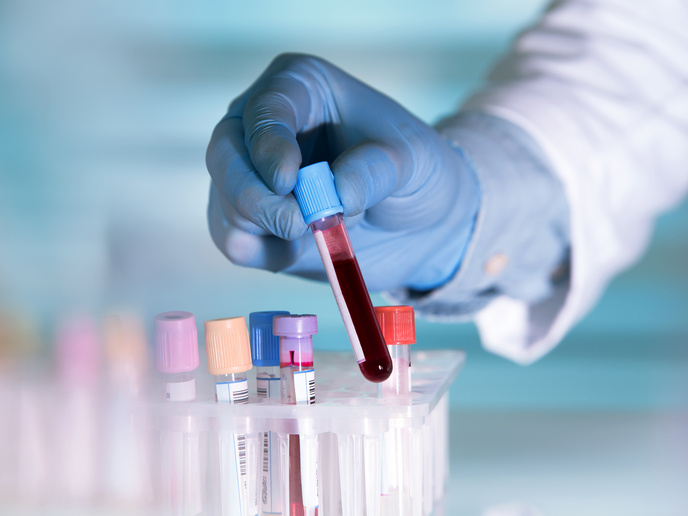Bacteria innovation delivers hope for cancer patients
Immunotherapeutic(opens in new window) strategies have emerged in recent years as powerful tools that can help to identify and combat cancerous tumours. “Immunotherapies work by guiding the immune system to recognise and attack cancer cells,” explains CL-IO project team member Tom Bailey, researcher at the Department of Precision Medicine, Maastricht University(opens in new window), in the Netherlands. “Immunotherapies make the tumour more ‘visible’ for the immune system, you can think of this as ‘pushing the accelerator’ or can make the activities of immune cells more effective.” Despite the success of this approach, a number of challenges remain. Immunotherapies are injected, and sometimes as little as 10 % of the dose reaches the tumour. In addition, interaction with healthy tissue can cause side effects, forcing treatments to be stopped. “We recognised that producing immunotherapeutics within the tumour would reduce side effects, and increase the concentration of biotherapeutics,” says project coordinator Philippe Lambin, head of Precision Medicine at Maastricht University. “This would also mean less waste and greater cost efficiencies, potentially enabling more patients to be treated.”
Improving drug delivery
The objective of the CL-IO project was therefore not to create new immunotherapies, but rather improve the delivery of existing drugs. Building on previous research, Lambin and his team were especially interested in using a strain of genetically modified Clostridium(opens in new window) bacteria. “This strain can uniquely form spores,” adds Bailey. “A good analogy is to think of a plant seed. The seed doesn’t do anything – it has no metabolism and cannot grow, unless it is in the right environment.” In the same way, the Clostridium spore is inert, and cannot be activated unless it finds its ideal environment – free of oxygen, within dead tissue. In other words, the bacterial spore will only become active in the tumour, and nowhere else in the body. This makes it a potentially excellent delivery vehicle for targeted medicines, from ‘inside out’ rather than from the traditional ‘outside in’. The next step was to engineer a strain of the bacteria capable of secreting immunotherapeutic drugs. The project team demonstrated in the lab that this could be achieved, and that this activity had a positive effect on the growth of immune cells. “The idea is that once spores infiltrate the tumour, they can be stimulated to continually produce agents like antibodies until all cancer cells are destroyed,” notes Lambin. “The bacteria will be removed spontaneously once the treatment is completed, as the environment necessary to their survival will no longer exist. In case of any side effects they can be safely removed with antibiotics.”
New views on bacteria
The commercial feasibility of this approach was also assessed during the project, preparing the way for eventual commercialisation. Lambin sees huge potential, with medicines stored in dormant spores at room temperature. “There is also the possibility of using spores to deliver 24/7 several immunotherapeutic drugs at the same time,” he explains. The goal now is to move towards large animal studies, then conduct toxicology studies. Production will also need to be scaled up. “We want to be pioneers in this field,” says Lambin. “We have shown that this concept of ‘living medicine’ works, though of course there is still room for improvement.” The success of the CL-IO project represents a paradigm shift in how the use of bacteria in cancer treatment is viewed. This reappraisal also taps into growing understanding – within both the scientific and the wider public community – of the beneficial role that bacteria play in terms of general health.







